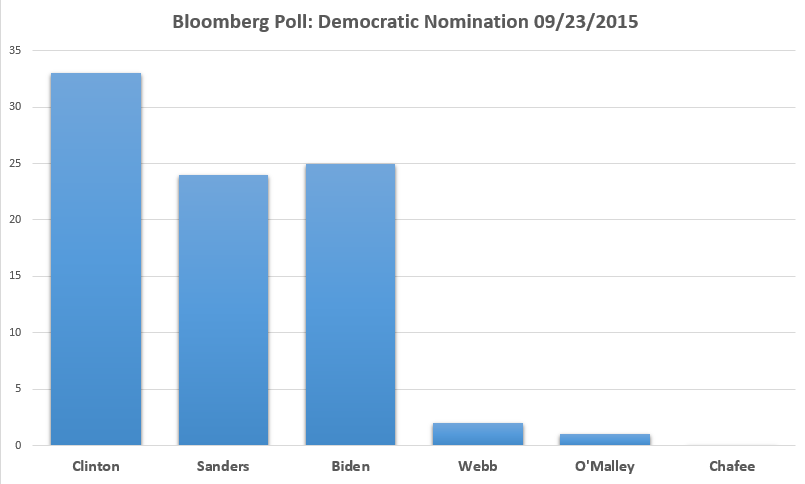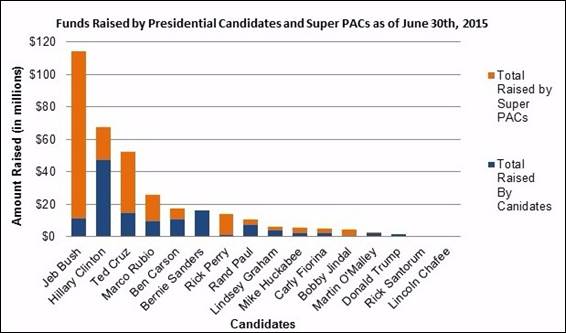Thync Before You Act – A New Wearable Device Made for 'The Donald'

If you thought people looked foolish wearing Google Glass, wait until you see one of your coworkers sticking a white piece of plastic on her forehead, hooked around her ear. I learned about Thync, a $300 electric gizmo, reading Geoffrey Fowler’s Wall Street Journal column Tuesday.
Fowler tested it, so I don’t have to, but I just know I’ll be seeing this piece of wearable tech around town among the gadgerati I sometimes hang out with. Thync’s unique selling proposition is vibes, uncommonly known as transdermal electrical neuromodulation. Translation—it’s a low-grade form of shock therapy. The company says they’ve tested the device over years of research with their neuroscientists and engineers to give us Calm vibes or Energy vibes.

You’ll have to go to Fowler’s story to view a graphic of how this dildo for the brain actually functions, but Folwer describes the Energy vibe this way: “The sensation is like drinking an espresso, accompanied by a tingle of prickly heat behind the ear.” He compares the hour-long Calm vibe to having a glass of wine.
Like everything else related to wearable tech and the Internet of Things, the company is well funded by Silicon Valley venture capital firms, which are apparently looking for the next Fitbit. And why not? Brain fitness. I know a few people who could benefit from Thync if it works as promised.
Let’s start by getting the company to give one to Donald Trump, set it permanently on the Calm setting, and turn up the juice.
Top Reads from The Fiscal Times:
- Six Amazing Features Hidden in Your Smartphone
- Facebook Must Hand Over NY Users' Info to Prosecutors
- The Incredible Disappearing American-Made Car
Will Trump's Tax Cuts Really Happen? Economists Are Surprisingly Optimistic
Despite all the thorny questions swirling around President Trump's nascent tax reform plan, 29 of 38 economists surveyed by Bloomberg in a monthly poll said they expect Congress to cut taxes by November of next year.
The hitch: The economists don’t expect the cuts will help the economy much. The median projection of a larger group of 71 economists is for 2018 growth of 2.3 percent, up only slightly from 2.1 percent this year — and by 2019, the economists see growth slipping back to 2 percent.




